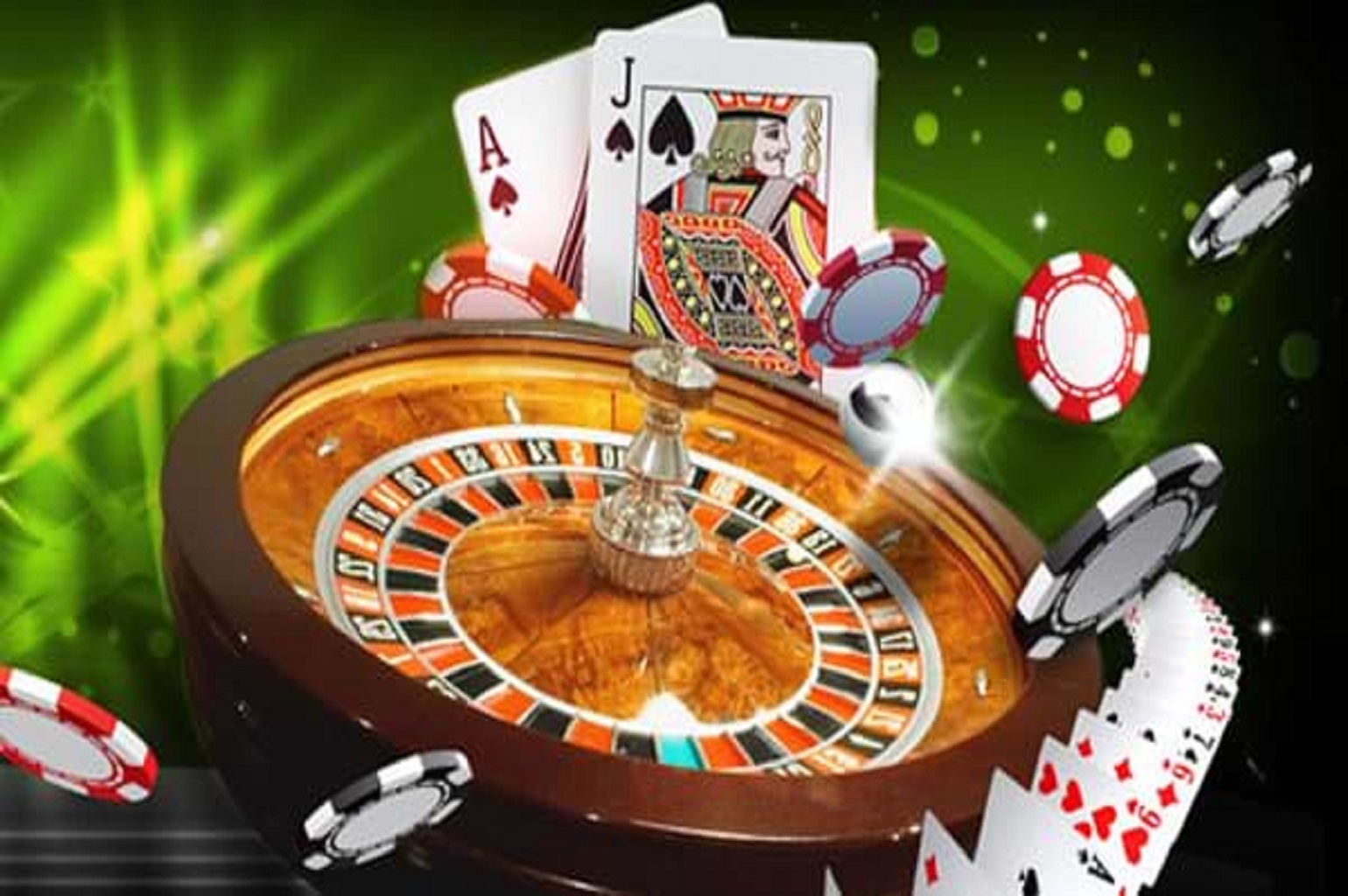
Gambling games have long been a captivating form of entertainment, drawing numerous of players from diverse cultures around the globe. From the opulent casinos of Vegas to the thriving gambling halls of the Chinese gambling capital, these games serve as a link that connects people across a variety of backgrounds. The allure of fortune, tactics, and risk entices not only those looking to gamble for profit but also those looking for a shared experience.
The influence of casino games extends far beyond the gaming floor. They often represent the cultural standards and principles of the cultures in which they prosper. Games such as seven-card stud, blackjack, and roulette have embedded themselves into the mosaic of popular culture, influencing various aspects from movies to clothing. As we explore this fascinating intersection of chance and culture, we can gain insights into how gambling games shape and are influenced by the environment surrounding us.
Chronological Progression of Gambling Games
The origins of gaming activities can be tracked back to historical civilizations, where gambling in multiple forms was extensively performed. In China, around two thousand three hundred years before Christ, a variant of luck game known as Keno was popular, while in old Rome, soldiers would often gamble on the results of their games. The idea of using randomness for fun and gain progressed over the centuries, leading to the creation of more formal games. By the final Middle Ages, gambling houses began to appear in European nations, notably in the Italian peninsula, which presented early forms of popular games still enjoyed today.
As gambling increased popularity in European regions, the 17th and 18th centuries saw the emergence of casinos as specialized establishments for betting. The first official casino, the Ridotto, was set up in the city of Venice in 1638, featuring activities like Baccarat and the game Faro. This period marked a major shifting point, as gaming venues started to draw not just the elite but also the burgeoning middle class. The refinement of games increased, leading to the development of new regulations and versions that enriched the experience of players.
In the 19th century, the era of industrialization and shifts in societal conventions additionally altered the landscape of casino games. The introduction of roulette and modern slot machines drew a broader crowd, and casinos became seen as acceptable recreation. This time witnessed the international spread of casino activities, as casinos extended from European nations to the Americas, culminating in the development of the legendary Las Vegas Boulevard in the 1900s. The development of gaming activities has continued into the present day, incorporating new technologies and digital services, making them available to a global audience.
# Cultural Relevance across Various Cultures
Casino games have deep-rooted cultural and social significance across many communities around the globe. In Las Vegas, the very essence of the city is woven around gambling establishments, where playing is not just a hobby but a central aspect of leisure and community life. The dazzling lights and lively atmosphere attract a vast audience, showcasing how gambling activities can influence local financial landscapes and cultural uniqueness. This surrounding transforms the notion of recreation into an engaging encounter that influences apparel, music, and even cinema.
On the other hand, some societies approach gambling with more caution, seeing it through the lens of ethical beliefs and heritage. For instance, in numerous Oriental societies, games like Mahjong and Pai Gow Gambling are rich with history and carry significant social relevance. These games are often played during gatherings and celebrations, fostering community bonds and strengthening family ties. The act of participating in these games goes above mere amusement, reflecting principles such as honoring elders and the significance of shared enjoyment.
Simultaneously, in European countries such as Monte Carlo and Rome, games of chance serve as symbols of opulence and sophistication. The refined atmosphere of these venues attracts both visitors and residents, upholding a sense of status and exclusivity. Nhà cái Thabet The art of poker and the strategic features of games like banker’s game are celebrated, molding social dynamics and cultivating an attraction that captivates a varied audience. This underscores how games of chance can concurrently echo and mold cultural perspectives towards danger, reward, and community interaction.
Economic Impact and Tourism
Gambling activities play a important role in the economic landscape of many regions, particularly those that rely heavily on visitor traffic. The revenue produced from casino operations fuels local economies, creating jobs not only within the casinos themselves but also in connected industries such as hospitality, restaurant services, and recreation. This surge of tourists, drawn by the allure of gambling and the overall casino experience, stimulates spending across multiple local enterprises, contributing to the economic vitality of the region.
The existence of casinos often leads to the development of infrastructure, including hotels, transportation systems, and recreational facilities. These improvements are essential in enhancing the overall tourist experience, making destinations more attractive to tourists. Casino Thabet Additionally, many casinos invest in local communities through sponsorship of events and philanthropic activities, further embedding themselves into the community structure of the locality. Such contribution not only supports economic growth but also fosters a positive reputation of the casino industry.
In addition, the global popularity of casino games drives competitive tourism, with locations vying to attract gamblers from across the globe. Iconic locations like Las Vegas and Macau have become identifiable with gambling culture, drawing millions annually. This advantage encourages innovation and variety within the gaming industry, influencing trends in leisure and accommodation that resonate beyond their limits. The consequences of this tourism extend wide, impacting local economies and cultural exchanges on a worldwide scale.